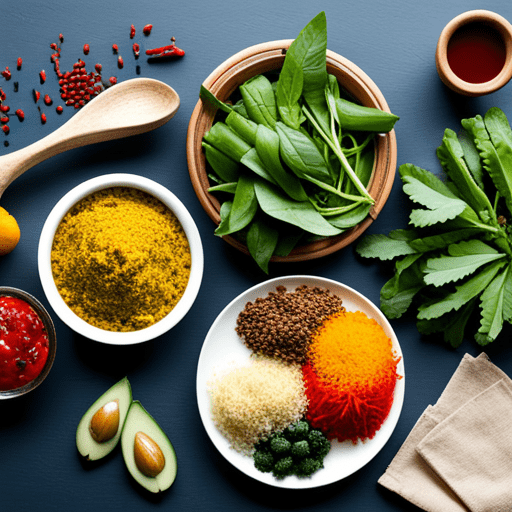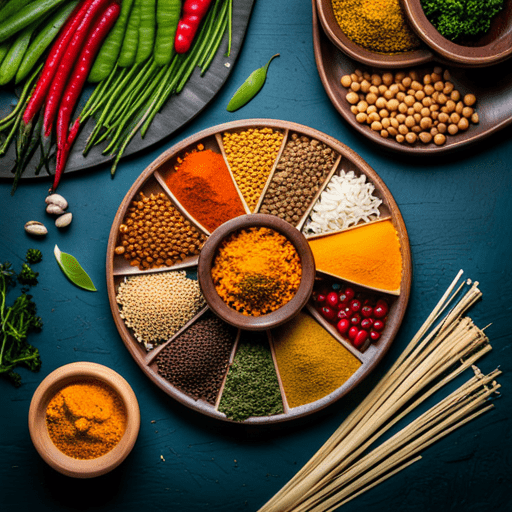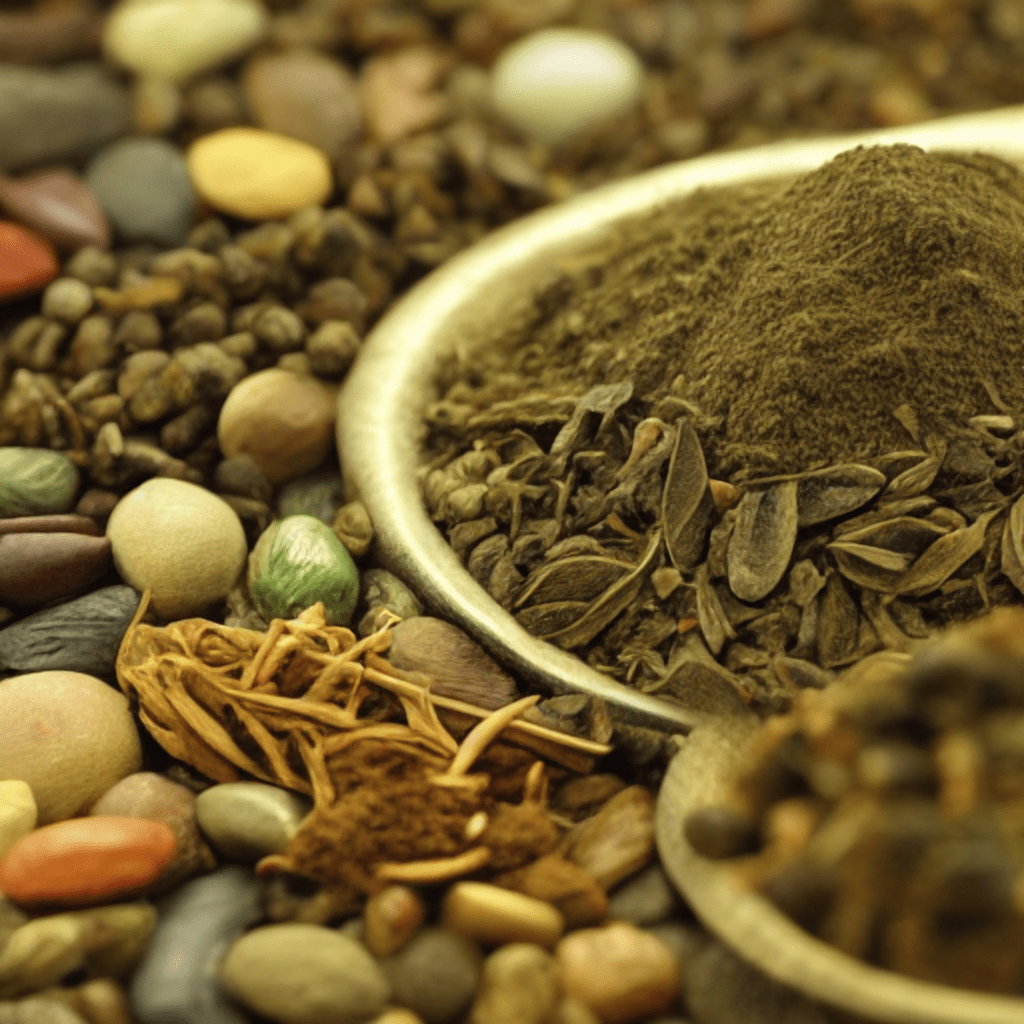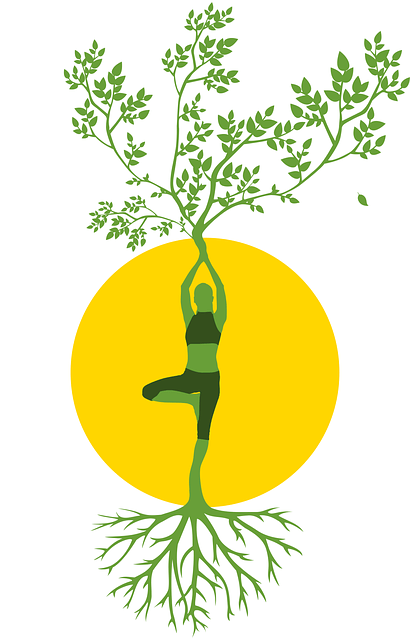Ayurveda is a traditional Indian medicine system that has been around for thousands of years. It is a holistic approach to health that focuses on maintaining balance between the mind, body, and environment. It has a wide coverage starting from diet and exercise, to meditation and herbal remedies. This ultimate guide will provide a comprehensive overview of Ayurveda and offer tips for incorporating Ayurvedic practices into your daily routine.

What is Ayurveda?
Ayurveda is a Sanskrit term that means “knowledge of life.” It is a holistic approach to health that originated in ancient India and has been practiced for more than 5,000 years. Ayurveda emphasizes the importance of maintaining balance between the mind, body, and environment. According to Ayurveda, health is not just the absence of disease, but a state of complete physical, mental, and emotional well-being. Ayurveda’s concepts are found in portion of the Vedas known as the Atharvaveda. Charaka is one of the principal contributors to Ayurveda, he wrote the book Charaka Samhita and is also known as the father of Ayurveda.
Doshas
Ayurveda teaches that each person has a unique combination of three doshas: Vata, Pitta, and Kapha. These doshas are made up of the five elements: earth, water, fire, air, and ether. Understanding your dominant dosha can help you make lifestyle and diet choices that will promote balance and optimal health.
Vata
Vata is composed of air and ether and is associated with movement, creativity, and spontaneity. People with a dominant Vata dosha are usually thin, quick to learn and forget, and have dry skin and hair. They may benefit from warm, nourishing foods and calming practices like yoga and meditation.
Pitta
Pitta is made up of fire and water and is associated with digestion, metabolism, and motivation. Pitta individuals usually have a medium build, a sharp mind, and a warm personality. They may benefit from a cooling diet and calming practices like swimming and spending time in nature.
Kapha
Kapha is composed of earth and water and is associated with structure, stability, and endurance. People with a dominant Kapha dosha usually have a larger build, slow digestion, and a calm and steady personality. They may benefit from stimulating practices like running and spicy foods.
Ayurvedic Diet
The Ayurvedic diet emphasizes the importance of eating fresh, whole foods that are easy to digest and promote balance. According to Ayurveda, different foods have different energies that can affect the doshas in different ways.

Foods to Eat
- Warm, cooked whole grains like oats, quinoa, and brown rice
- Seasonal fruits and vegetables
- Nuts and seeds
- Warm, nourishing soups and stews
- Herbal teas and spice blends like ginger, cumin, and turmeric
Foods to Avoid
- Processed, frozen, or microwaved foods
- Cold, raw foods like salads and smoothies
- Heavy or fried foods
- Excessive amounts of caffeine or alcohol
Ayurvedic Lifestyle
Beyond diet, Ayurveda also places a strong emphasis on lifestyle practices that promote balance and well-being.

Sleep
Ayurveda recommends getting a proper sleep of 6-8 hours every night for optimal health. One should try to establish a regular sleep and wake cycle and avoid screens and stimulating activities before bedtime.
Exercise
The type and intensity of exercise can vary depending on your dosha. Vata individuals benefit from calming, grounding practices like yoga and meditation, while Pitta individuals may enjoy more intense activities like running or weight lifting. Kapha individuals benefit from stimulating practices like dancing or jumping rope.
Meditation
Meditation is a powerful tool for promoting balance increasing concentration and memory power and reducing stress. Ayurveda recommends practicing meditation or other mindfulness techniques daily to support overall well-being.
Ayurvedic Remedies
In addition to lifestyle and dietary practices, Ayurveda also offers an array of remedies for specific health concerns.

Ginger
Ginger is a powerful anti-inflammatory and digestive aid that can help alleviate nausea, improve digestion, and ease menstrual pain.
Turmeric
Turmeric is a potent anti-inflammatory and antioxidant that can reduce inflammation, support liver function, and relieve pain.
Neam
Neam is a very commonly used medicinal plant. Neam leaf helps in purifying blood, Neam twigs can be used as datun (thin sticks used for brushing teath) to replace plastic tooth-brush.
Triphala
Triphala is an Ayurvedic combination of three fruits that can aid in digestion, reduce inflammation, and promote regular bowel movements.
Conclusion
Ayurveda offers a holistic approach to health that encompasses the whole person. By understanding your dosha and incorporating Ayurvedic practices into your daily routine, you can promote balance, reduce stress, and achieve optimal health.

FAQs
- Is Ayurveda safe for everyone?
-Ayurveda is generally safe for most people, but it is important to consult with a qualified practitioner before beginning any new practices or remedies.
- Can Ayurveda help with mental health concerns?
-Yes, Ayurveda has many practices that can help promote mental and emotional well-being, including meditation, yoga, and dietary changes.
- Is Ayurvedic medicine backed by scientific research?
-There are some scientific research supporting the benefits of Ayurvedic practices and remedies and Ayurveda has been in practice for a very long period so it is a tried and tested medicinal system
- How can I find a qualified Ayurvedic practitioner?
-We at advance Ayurvedic can help you with all kind of Ayurvedic treatment and make your life healthier and happier. You can book appointment now.

Great! Got to learn a lot of new things will follow an ayurvedic lifestyle
Thank you very much